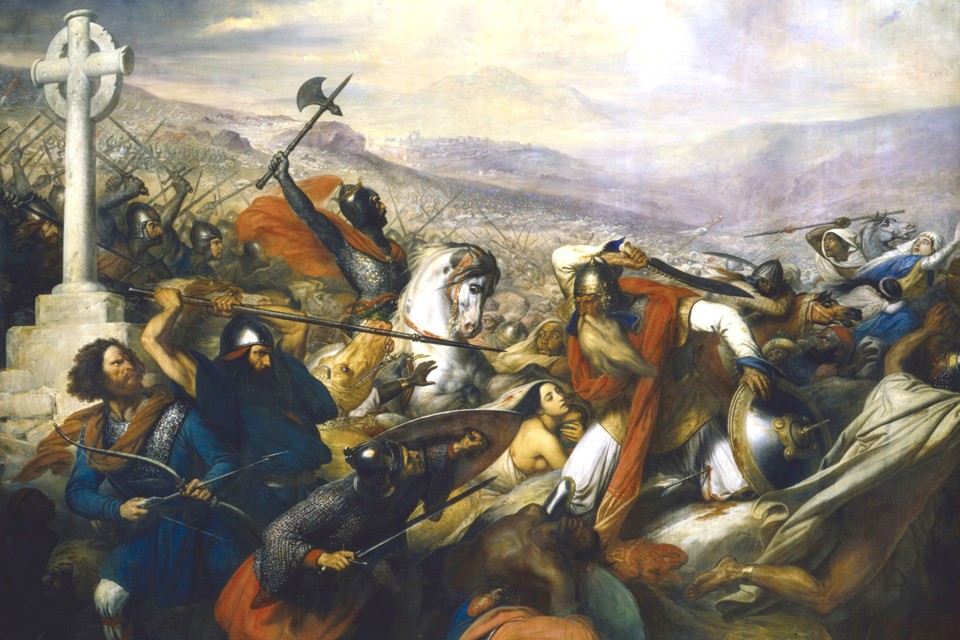By Naomi Pham and Elie Chalala
In the past, Islam acted as the driving force behind the creation of Europe, drawing a line of distinction between the West and the East. Since antiquity, Europe had been defined as the land whose Southern most shores met the Mediterranean. However, as the growing influence of Islam swept over North Africa, there formed a border which distinguished one side from another — the “Middle Sea,” which divided the two civilizations, Christian and Muslim, from each other. Now, ironically, we see Islam trying to undo the work of thousands of years, perhaps altering geography with the sudden rise of migration and terrorism in the West, according to Robert Kaplan in his article, “How Islam Created Europe” published in the Atlantic.
Historically, Islam defined Europe by serving as an image to contrast with it. Kaplan claims the West considered Christendom the direct opposite of Islam, an attitude most exemplified by the Crusade period (1095 – 1291). The late scholar Edward Said further built upon this idea in his book “Orientalism,” published in 1978, which established that Europe developed its identity based upon a sense of superiority over the Muslim and Arab world. Fueled by the image of the Middle East as fascinating but inferior, the concept of European imperialism grew and flourished for centuries.
Today, the borders which distinguished the East and West are fading away. The European countries’ spheres of influence, developed in the Sykes-Picot Treaty of 1916, no longer stand as valid and, for the most part, remain ignored. Migrant Muslims, bearing no desire to become Christian, now crowd into European countries, redefining Europe’s identity, and sending economically stagnant European nations reeling in alarm. The increasing presence of terrorism and refugees has drastically altered Europe’s cultural identity.
Kaplan maintains this to be an inevitable change, with embracing the new cultural identity as the only viable solution. In the past, a ruling empire, such as the Roman Empire, typically solved such cultural dilemmas through a variety of violent and nonviolent means, but most of these no longer work in today’s complex world. Kaplan asserts the impossibility of regressing back to the times and tactics of old, when empires heavily reinforced the borders separating the East and West. Neither can there be a “clash of cultures,” as the modern era has changed the world focus to maintaining and furthering human interactions. Instead, European nations must develop and implement new approaches to the issues of migration and terrorism, approaches that incorporate the world of Islam without compromising Europe’s democratic systems, human rights, and the rule of law.
Kaplan rejects the concept of an ‘end of history’ (Francis Fukuyama’s idea) in this midst of cultural change, labeling such an idea a “fantasy.” Rather, he suggests something more grim altogether: if Europe does indeed regress to times of nationalism, this could mark the end of “the West” as a whole cultural entity in Europe. Cultural purity within a modernized and extremely multi-cultural world constitutes impossibility. The issue at large remains how to create a new solution for the geographically redefined and culturally-enhanced Europe.
To read the Atlantic article, click on the link below:
This article appeared in Al Jadid Magazine, Vol. 21, No. 72, 2017.
Copyright © 2017 AL JADID MAGAZINE

